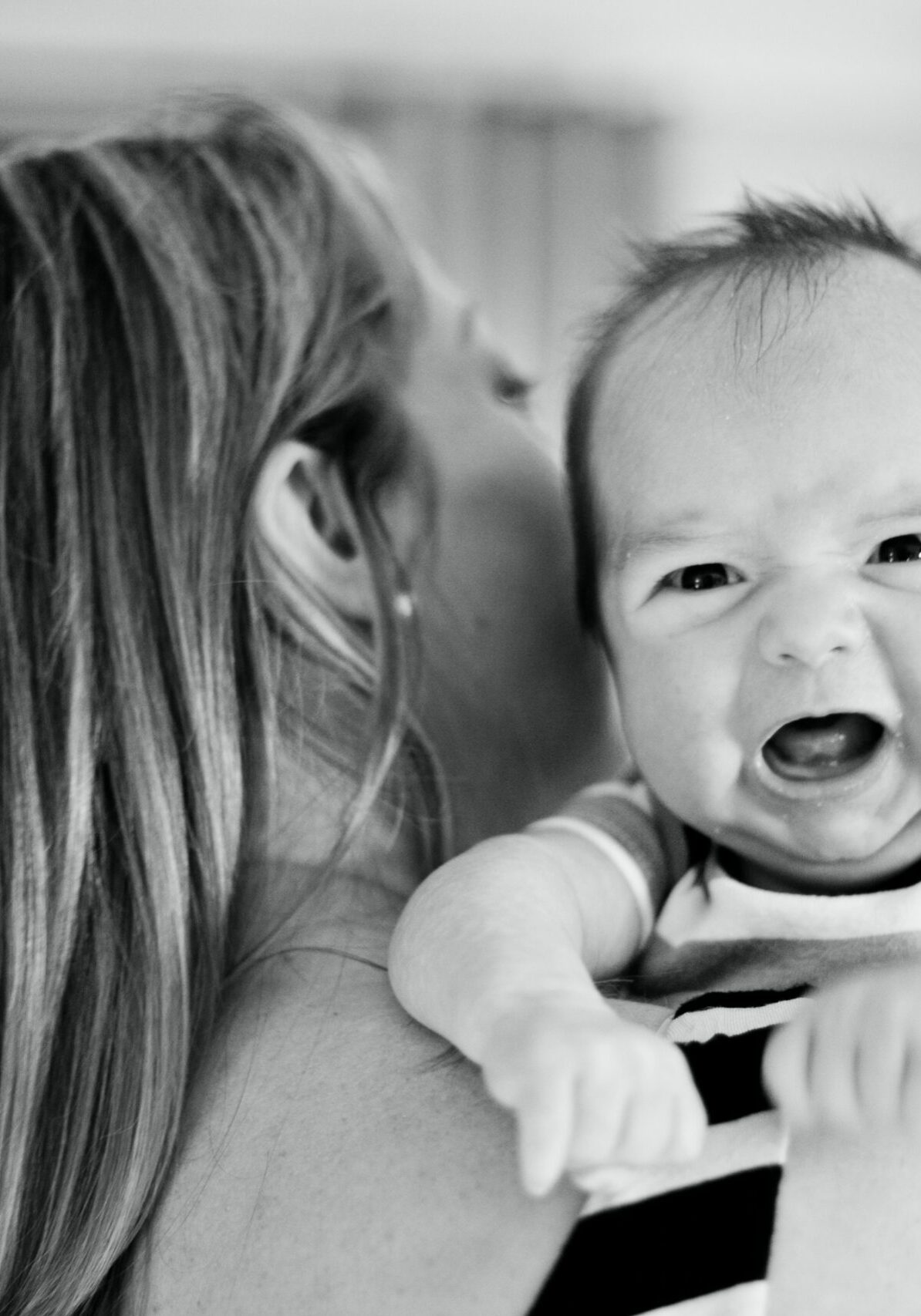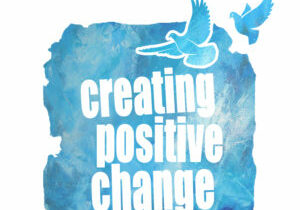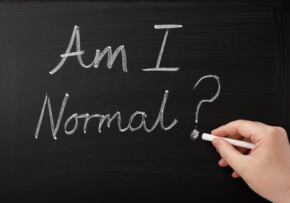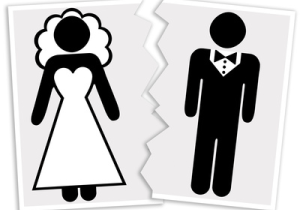"Postpartum depression is a prevalent mental health condition affecting approximately 1 in 7 new mothers, making it one of the most common complications of childbirth."
Symptoms of Postpartum & Perinatal Depression
- Persistent sadness, low mood, or frequent crying
- Loss of interest or pleasure in previously enjoyed activities
- Extreme fatigue and lack of energy
- Changes in appetite, either increased or decreased
- Sleep disturbances, including insomnia or excessive sleep
- Difficulty concentrating, making decisions, or remembering things
- Feelings of worthlessness, guilt, or inadequacy
- Irritability, agitation, or restlessness
- Inability to bond or feel connected with the baby
- Intense anxiety, worry, or panic attacks
- Physical symptoms like headaches, stomachaches, or muscle pain
- Withdrawal from social interactions and reduced interest in socializing
- Thoughts of self-harm or suicidal ideation (seek immediate help if experiencing this)
- Loss of Appetite
- Difficulty Sleeping
- Anxiety and/or Fears
- Sadness
- Mood Swings
- Feeling Overwhelmed
- Feeling Hopeless
- Feeling that your child is better off without you
- Suicidal thoughts and feelings
- Irritability
- Crying
- Problems Concentrating
- Anger
- Lack of joy in life
- Difficulty bonding with your baby
- Thoughts of harming your baby
- Withdrawal from friends and family
- Feelings of shame or guilt

Baby Blues: What is the Difference between Baby Blues And Postpartum Depression?
Baby Blues
Baby Blues is experienced by up to 80% of women in the postpartum period. It can include many of the symptoms of postpartum depression, but it is much short in duration (a few weeks) and often, the symptoms of baby blues are less severe than the symptoms of postpartum depression.
Baby Blues Symptoms
typically are:
- Mood Swings
- Sadness
- Anxiety
- Irritability
- Weepiness or Crying
- Concentration Problems
- Impatience
In general, baby blues tend to resolve on their own and in most cases require no treatment. But it’s a good idea to get an evaluation by a qualified psychotherapist or psychiatrist just in case. Plus, with a psychotherapist, even if your baby blues are not severe, you will still benefit from having a few sessions to help with your postpartum adjustment.

Can Men Experience Postpartum Depression?
Men can experience postpartum depression due to a combination of hormonal changes, the stress of becoming a new parent, and the emotional adjustment to the responsibilities of fatherhood. While women experience significant hormonal shifts after childbirth, men also undergo hormonal changes, including a decrease in testosterone levels, that can impact their mood. Additionally, the lack of sleep, changes in routine, and increased caregiving demands can contribute to feelings of depression and anxiety in new fathers
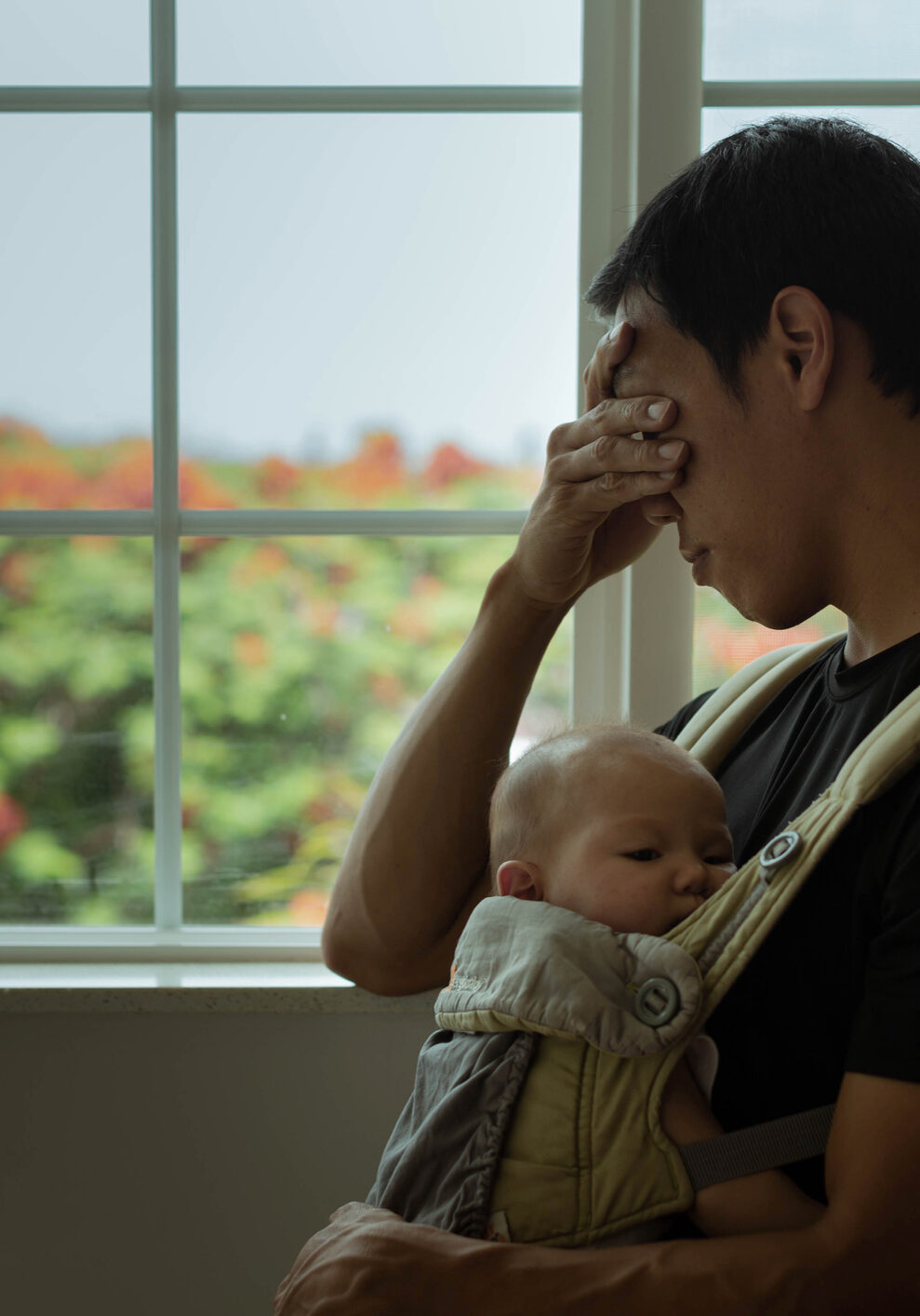
These manifestations highlight the importance of recognizing and addressing emotional challenges in new fathers, ensuring that they receive the support and care they need during this significant life transition.
Counseling for Postpartum Depression near Plantation Florida
Up to 16% of women experience postpartum depression that is severe enough to be diagnosed separately that “Baby Blues”. Postpartum depression is characterized by a longerperiod of emotional changes and disturbance, and may show more symptoms than the more common baby blues.
Counseling for postpartum depression is important because it helps the whole family be healthier and adjust more effectively to the arrival of the new baby. With a newborn baby it can certainly be a challenge to find time for therapy, but even just a few sessions can make a big difference.


Should you get treatment for maternal depression
Left untreated, postpartum depression can have severe consequences, so it is important to receive an evaluation by a mental health professional who is specifically trained in postpartum depression and can recommend the best course of treatment for you or your loved one. Postpartum depression can have many causes, or a combination of causes, so effective treatment should be customized to each individual and their unique situation.
Dr. Chantal's unique expertise in maternal depression: For three years, Dr. Chantal oversaw a research lab at Florida Atlantic University that specifically studied maternal depression
Postpartum Adjustment Counseling
Having a baby is a wild ride! (That's Dr. Chantal and her actual baby in that picture! Although, he's much older now:)
There are so many things no one ever tells you about! From the pregnancy challenges, to the stress and trauma of the delivery, to the sleepless nights, the acid reflux, the colic….not to mention your identity changes as a woman and possible changes in your relationship.
It’s much easier to make an effective adjustment to your new role and life with some professional guidance. In postpartum adjustment counseling, you’ll learn what’s normal and what’s not, new skills and ideas for coping with your baby and your new life, received psychological support, and have a place to let out and discuss your emotions.
